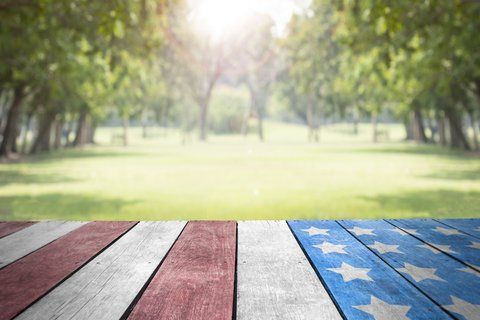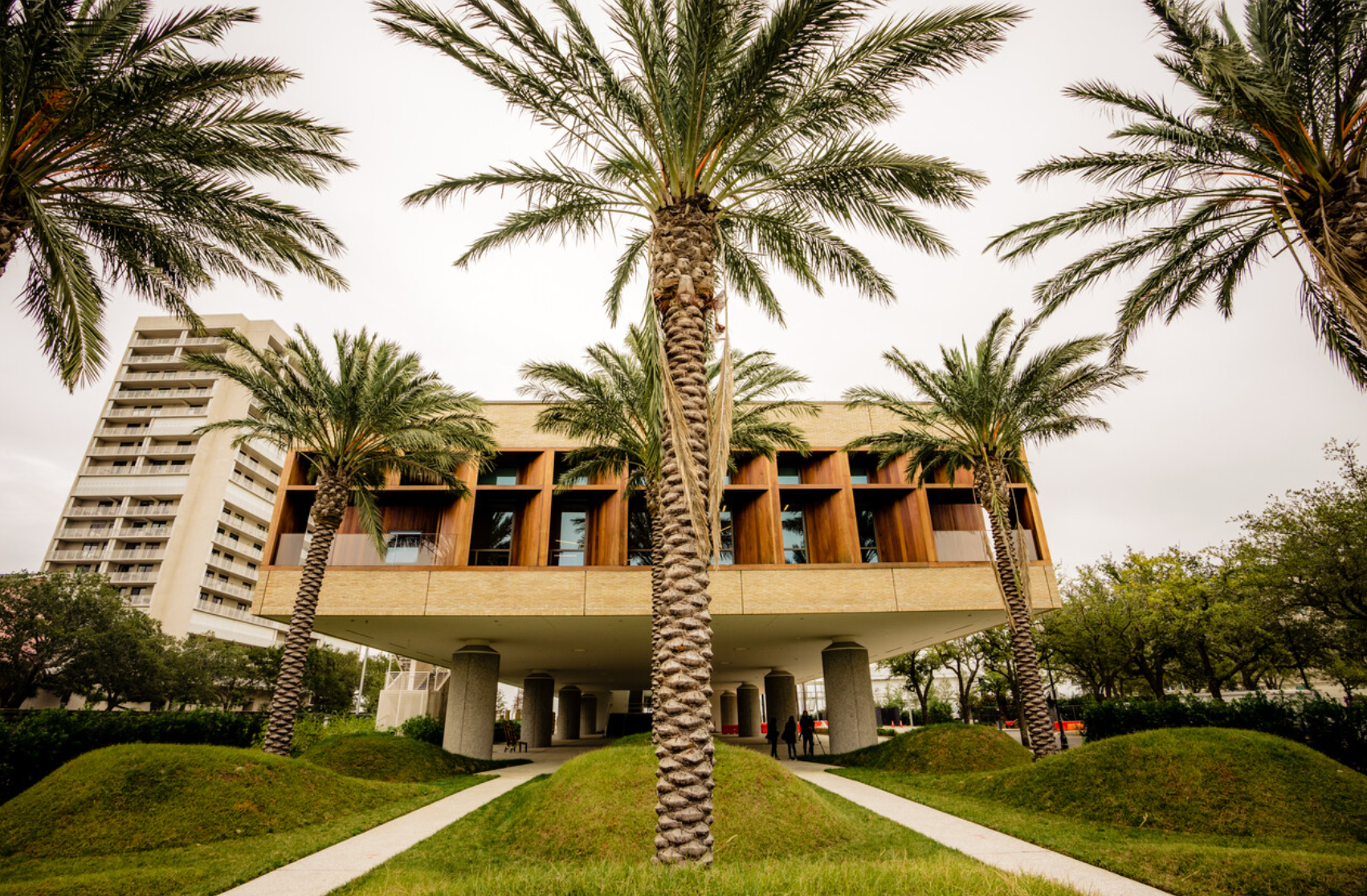Should we Move Labor Day to the Third Monday of September
If You Want to Help Labor (Jobs),
It would help the economy.
An opinion by René A. Mack
Our nation’s holidays haven’t always been fixed. When I was young, Lincoln’s and Washington’s birthdays were celebrated on separate days, the days when the respective presidents were born. Then in 1971, an act of Congress called the “Uniform Monday Holiday Act” set Washington’s Birthday to the third Monday in February. The act, which also applied to Memorial Day, Columbus Day and Veterans Day, created three-day weekends so that people could enjoy long weekends and, no doubt, drive tourism and retail sales. People adjusted easily and seemed to welcome the long holiday weekends. The exception was Veterans Day, which was then moved back to Nov. 11.
Some holiday dates make total sense, such as Independence Day. Others are more arbitrary or based on a seasonal tradition such as Thanksgiving.
And that brings me to Labor Day, observed the first Monday of September. At the beginning of September, when it's still summer across the land, why do we “officially” end summer and shut down a large portion of one of our nation’s most important industries? We create a massive self-inflicted economic wound. Lifeguards go home; amusement park rides are shuttered; and entire towns economically hibernate until the next Memorial Day – eight months in the future. We flip the sign to “Closed. Come back in about eight months.”
Summer does not end until the fall equinox on Sept. 21. All across our great country, it's still hot outside, the trees are in full bloom and the water's just fine. As a matter of fact, the ocean temperatures are at their best. By closing up shop on the first Monday of September, we literally kill millions of jobs and throw away billions of dollars. Every job in the travel industry benefits eight more non-travel-related jobs. The ripple effect of shutting off the economic spigot is monumental.
There is no real reason Labor Day is on the first Monday of September. Labor Day was born during a time of labor unrest when the industrial revolution gave rise to a six-day work week and children as young as six toiled in factories up to 12 hours a day. Created by the labor movement, and then made official in 1894 by an act of Congress, Labor Day served to appease organized labor.
Ironically, modern Labor Day puts millions of Americans out of work, and signals that summer is over so no more half-day Fridays or taking that PTO day to create a long weekend before fall and winter truly arrive. Modern Labor Day is a devastating one-two punch. We shut down a large sector of a major industry and mentally say “summer’s over.”
At a time when the President of the United States is trumpeting the message, "It's all about the economy and jobs,” Labor Day does the opposite — both in big and small businesses, including those that are family-owned and run. One of the largest industries in America is tourism – and this includes major public companies such as United Airlines, Marriott hotels and Disney, but also pumpkin patches, wineries, pinball stalls on the Jersey Shore and businesses like Hershey Park (Pa.) and the Grand Canyon Railway (Ariz.). We are talking about tens of thousands of small businesses, attractions and experiences that fuel the travel economy.
According to U.S. Travel, direct spending by resident and international travelers in the U.S. averages $2.8 billion a day, $117 million an hour, $2 million a minute and $32,800 a second. That’s an industry generating $1.5 trillion and responsible for more than seven million jobs. It is nearly three percent of the national GNP, accounts for one out of every nine jobs and drives about $164.8 billion into the coffers of federal, state and local governments.
I propose that the President of the United States and Congress move Labor Day to the third Monday of September when summer actually ends. It will be a boom to the economy. It will be a boom in keeping people employed longer. It will make everyone happy (who doesn’t want more summertime?).
We are talking about an economic boost, over a 14-day period of about $39 billion just in direct spending, not including taxes and trickle-down benefits to people and businesses not in the tourism sector.
Moving the day does not interrupt any traditions – it just pushes back that last beach weekend, BBQ party or town parade by two weeks. And it gives everyone permission to get away for a few more weekends while helping the economy hum along.
Best of all, it costs – nothing.
René A. Mack has enjoyed a long award-winning career in the tourism and hospitality industry, representing some of the largest and most coveted brands and destinations in travel. Presently the president at Percepture, he offers this opinion piece on “how to make summer vacation great again” and help fuel the business of travel.
VIVANTmagazine.com is part of VIVANT Media Group, which delivers the finest lifestyle media to the most affluent communities. We inform and captivate readers with original stories on culture & society, interiors & architecture, travel & experiences, fashion & lifestyle, food & entertaining, philanthropy & purpose, and exclusive insights inspiring the art of elegant living.
Our Brands
VIVANT Magazine | WQ Magazine | Delamar Magazine
All Rights Reserved | VIVANT Media Group





